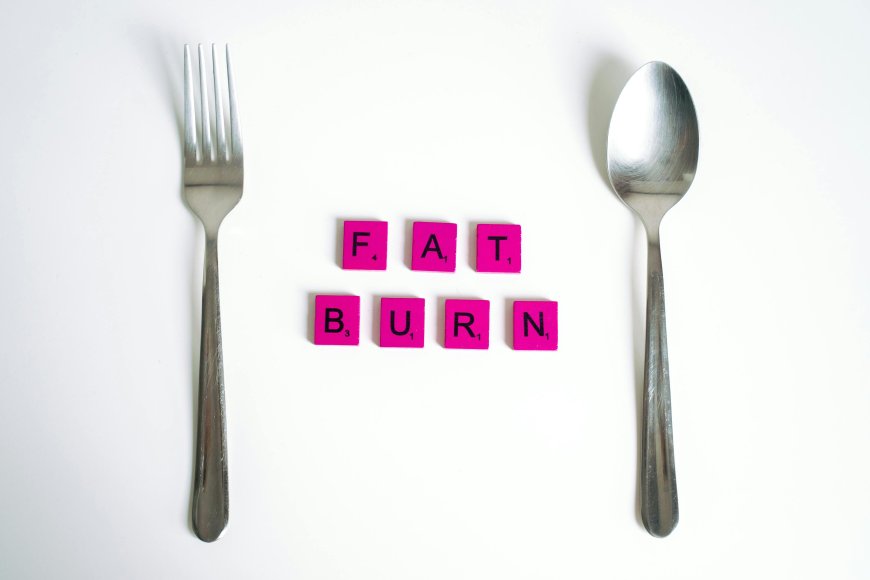The Science of Fat Loss: Evidence-Based Strategies for Healthy and Sustainable Weight Reduction
Precision Nutrition's article section offers comprehensive guidance on losing body fat in a healthy and sustainable manner. Their evidence-based approach emphasizes personalized nutrition and fitness strategies tailored to individual needs and preferences

In a world where fad diets and quick fixes dominate headlines, it's essential to sift through the noise and focus on evidence-based strategies for healthy and sustainable weight loss. Understanding the science behind fat loss can empower individuals to make informed choices, leading to long-term success and improved well-being.
The Physiology of Fat Loss:
Before delving into strategies, it's crucial to grasp the physiological mechanisms of fat loss. At its core, fat loss occurs when the body expends more energy (calories) than it consumes. This creates a calorie deficit, prompting the body to utilize stored fat for energy, ultimately leading to weight loss.
However, not all calories are created equal. The source and composition of calories play a significant role in fat loss. For instance, a diet rich in whole foods, lean proteins, fruits, vegetables, and healthy fats not only supports weight loss but also promotes overall health and satiety.
Evidence-Based Strategies:
-
Prioritize Nutrition: Instead of fixating on calorie counting alone, focus on the quality of your diet. Incorporate nutrient-dense foods that provide essential vitamins, minerals, and antioxidants. Opt for whole grains, lean proteins, and healthy fats while minimizing processed foods, added sugars, and excessive sodium.
-
Embrace Physical Activity: Exercise is a cornerstone of fat loss. Not only does it burn calories, but it also boosts metabolism, preserves lean muscle mass, and enhances overall well-being. Aim for a combination of cardiovascular exercise, strength training, and flexibility exercises to maximize results.
-
Practice Mindful Eating: Mindful eating involves paying attention to hunger cues, eating slowly, and savoring each bite. By being present during meals, you're less likely to overeat and more in tune with your body's needs. Additionally, mindful eating promotes a healthier relationship with food and reduces emotional eating tendencies.
-
Get Adequate Sleep: Quality sleep is often overlooked but plays a crucial role in weight management. Lack of sleep disrupts hormones that regulate hunger and satiety, leading to increased cravings and overeating. Aim for 7-9 hours of uninterrupted sleep each night to support fat loss efforts.
-
Manage Stress: Chronic stress can sabotage fat loss efforts by triggering emotional eating and promoting the storage of visceral fat. Incorporate stress-reducing practices such as meditation, deep breathing exercises, yoga, or hobbies to promote relaxation and overall well-being.
-
Stay Hydrated: Proper hydration is essential for optimal metabolic function and appetite regulation. Drinking water before meals can help curb hunger and reduce calorie intake. Aim to consume at least 8 glasses of water per day and hydrate with water-rich foods such as fruits and vegetables.
Conclusion:
Achieving and maintaining fat loss requires a multifaceted approach rooted in science-backed strategies. By prioritizing nutrition, embracing physical activity, practicing mindful eating, prioritizing sleep, managing stress, and staying hydrated, individuals can embark on a journey towards healthy and sustainable weight reduction. Remember, small changes add up over time, leading to long-lasting results and improved overall health.
What's Your Reaction?




















































































